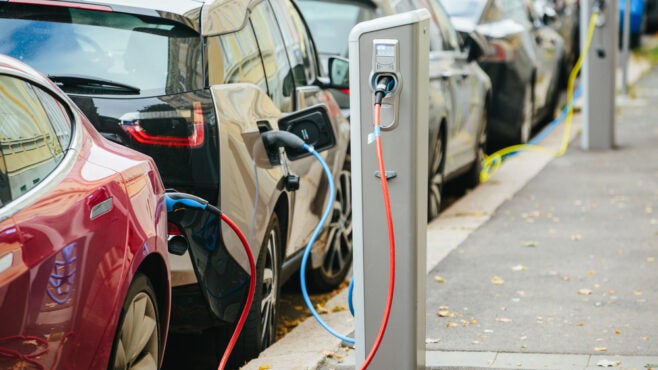Private finance will be imperative to meet the $104.11bn global investment gap for electric vehicle (EV) charging infrastructure by 2024-2026, says technology giant Siemens in a new report.

This gap, defined as the difference between EV charging infrastructure already financed and that still being paid for out of capital expenditure, is “considerable” and forecast to grow at an “exponential rate” from $42.25bn in 2021-2023, the paper states. Capital expenditure is the money companies spend to acquire or maintain assets.
Siemens stresses that public funds will be insufficient to close the investment gap due to added pressures on public capital in the wake of Covid-19
EV chargers are particularly appropriate for private sector financing as they will generate an income stream over time that can be used to pay back the capital cost of the investment, the paper says.
Obtaining private finance to support the deployment of EV charging infrastructure can be simple, the report implies, citing the case of German utility SWW Wunsiedel. This company partnered with Siemens Financial Services to obtain financing for a first EV charging infrastructure roll-out in Germany that aligned with expected earnings from the chargers.



